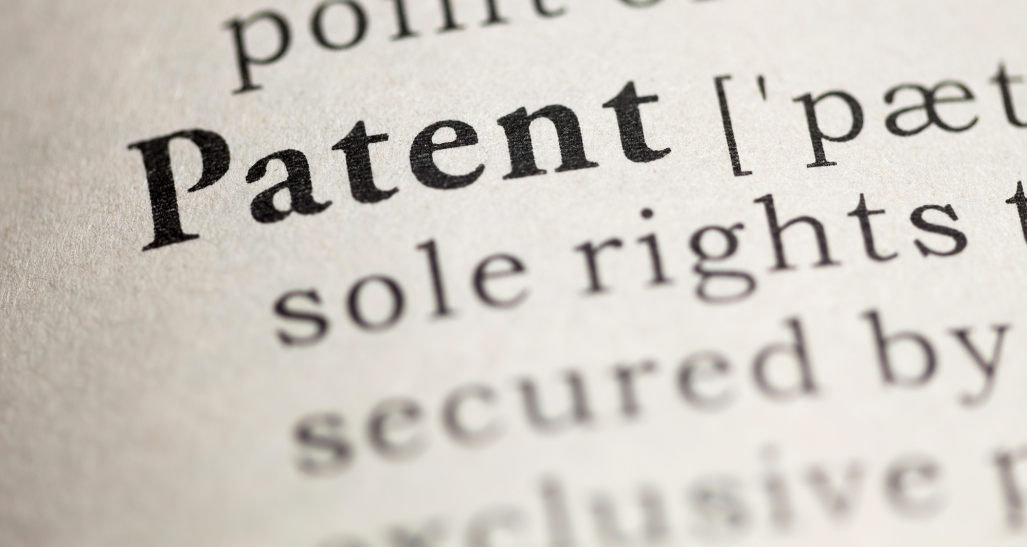
The issue
NRF Chief Administrative Officer and General Counsel Stephanie Martz says the pandemic has seen an increase in activity by patent trolls using flimsy patents to make fraudulent claims against retailers.
A decade after the last update of U.S. patent laws, Congress is working to pass new legislation in response to abuses of the patent system that have returned despite progress seen after passage of the landmark America Invents Act.
Sponsored by Senators Patrick Leahy and John Cornyn, the Restoring the American Invents Act is aimed largely at “patent trolls,” a group of litigants responsible for about two-thirds of U.S. patent lawsuits in recent years. The trolls are firms that typically do not invent anything or make products. Instead, they buy weak or obscure patents, then threaten to sue companies that use the technology involved unless they pay a licensing fee. The threats often involve technology or practices users don’t realize are patented or aren’t clearly linked to the patent in question.
Patent trolls lose more than 90 percent of the cases that make it to trial. But the cost of defending companies against the claims is so high – the average case costs $2 million and can take 18 months – that many victims settle out of court. The cases cost legitimate businesses close to $30 billion a year in direct costs and $80 billion indirectly, amounting to close to $1,000 a year for the average household when passed on to consumers.
Why it matters to retailers

Retailers are among patent trolls’ most frequent targets thanks to the industry’s increasing use of cutting-edge innovations, especially in online and mobile retailing. In one example, more than 40 online retailers whose smartphone apps include a link to privacy policies posted on their websites have been sued or threatened by a California company claiming to hold a patent on the practice. In another, companies that scan a paper document into a computer and then attach it to an e-mail have been asked to pay a fee. Adding an item to an online shopping cart and checking out has also been challenged as patent infringement. Whether retailers go to trial or settle out of court, the cases consume time and money that could be better spent creating jobs, growing the economy, and serving customers.
The number of patent lawsuits has grown as increased ecommerce and contactless technology have presented patent trolls with new opportunities during the COVID-19 pandemic. In one case, a clothing retailer that previously sold only through its four store locations was sued for offering multiple options to pay on its newly established website. In another, a supermarket chain was sued for using QR codes to let customers scan and pay for groceries as they shopped rather than standing in a checkout line.
NRF advocates for fair patent laws
NRF has led the retail industry’s efforts on patent reform, both before Congress and in the courts. NRF co-chairs United for Patent Reform, a coalition that includes retail, restaurant, grocery, hotel and technology companies and associations. The coalition has built on work done by NRF’s Patent Troll Working Group, and NRF is continuing to work closely with members of the House and Senate.

United for Patent Reform has endorsed the Restoring the America Invents Act, which would re-establish critical pieces of the 2011 America Invents Act. Among other provisions, the original law established “inter partes review,” an administrative process that allows questionable patents brought by patent trolls or others to be reexamined at the U.S. Patent and Trademark Office without the need for expensive and time-consuming litigation in federal court. Administrative review helped reduce abusive patent litigation, but the patent office has weakened the program through a series of internal discretionary changes, leading to a resurgence in patent abuse. The Leahy-Cornyn bill would modify Patent Trial and Appeal Board procedures to strengthen administrative reviews and take other steps to address “poor quality” patents. NRF has been a strong supporter of administrative review of questionable patents and helped win a ruling by the Supreme Court upholding the constitutionality of the process.